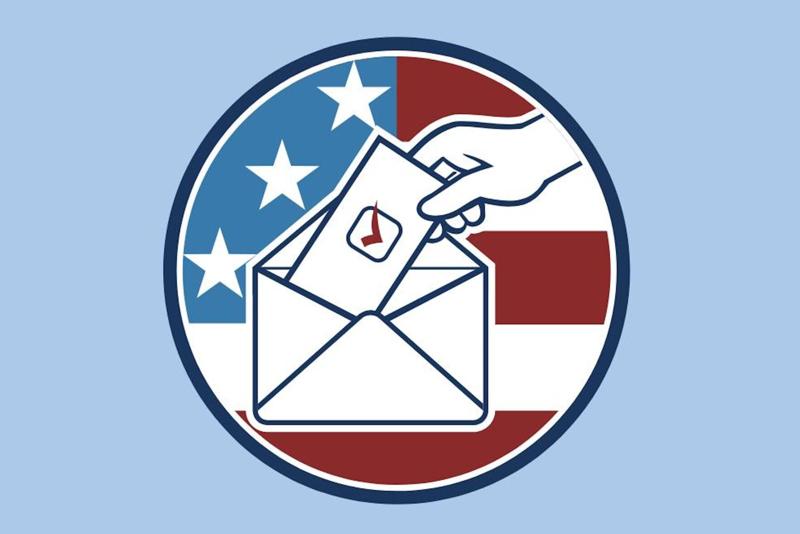(The Center Square)- Military veterans and their family representatives joined election officials to discuss lawsuits targeting military and overseas voting while reassuring the security of absentee ballots.
The discussion, which took place 18 days before the 2024 presidential election, aimed to clarify why military and overseas voting is secure and an important part of free and fair elections.
Tensions continue to rise due to the Republican National Committee filing lawsuits in battleground states, questioning the legitimacy of ballots cast by American voters living abroad.
Executive Director of Secure Families Initiative, Sarah Streyder, defended the overseas and military voter process and what she described as the damage that has already been done with the start of these lawsuits. Streyder stated during the discussion that those serving overseas, as well as their family’s ballots, fall under the same checks and oversights as other voters.
Nearly 3 million U.S. citizens living abroad can vote absentee, covered by the federal law known as the Uniformed and Overseas Citizens Absentee Voting Act (UOCAVA), passed over 40 years ago under late President Ronald Reagan in 1986.
UOCAVA requires states to allow military personnel, including their eligible family and those living abroad, to vote absentee in all federal elections.
“The Partisan operatives behind the lawsuit have manufactured a problem that does not exist,” Streyder said. Her concern is military members who may feel disenfranchised to vote because of rumors intended to scare Americans and cast doubt.
According to the Federal Voting Assistance Program, there is no list of U.S. citizens living abroad. With an estimated 4.4 million living in nearly 200 countries around the globe, 2.8 million are of voting age.
The federal lawsuits in question seek stricter scrutiny of votes cast by U.S. citizens and the eligibility of a group of voters that includes overseas military personnel.
Christopher Purdy, CEO of The Chamberlain Network of Veterans, said in the discussion that three-quarters of the 1.3 million active duty military can vote absentee and, while UOCAVA has made that more accessible, it’s not without issues.
One of the hurdles involved in the process is that 15% of military members who voted abroad in 2022 reported issues receiving their mail-in ballots on time, Purdy said. Military voters are stepping in to ensure the integrity of the election by volunteering as poll workers, with over 5,000 veterans in Pennsylvania signing up, he said.
According to data collected by the U.S. Election Assistance Commission, in 2020, overseas non-military citizens accounted for 57.4 percent of the UOCAVA registered voters, while uniformed service members accounted for 42.3 percent.
Philadelphia City Commissioner Lisa M. Deeley reiterated in the discussion that the attempts at segregating the votes are to take it to court in an attempt to have the votes thrown out.
Ballots have already been sent to those overseas, as well as military voters, under a federally mandated deadline that varies state by state.







